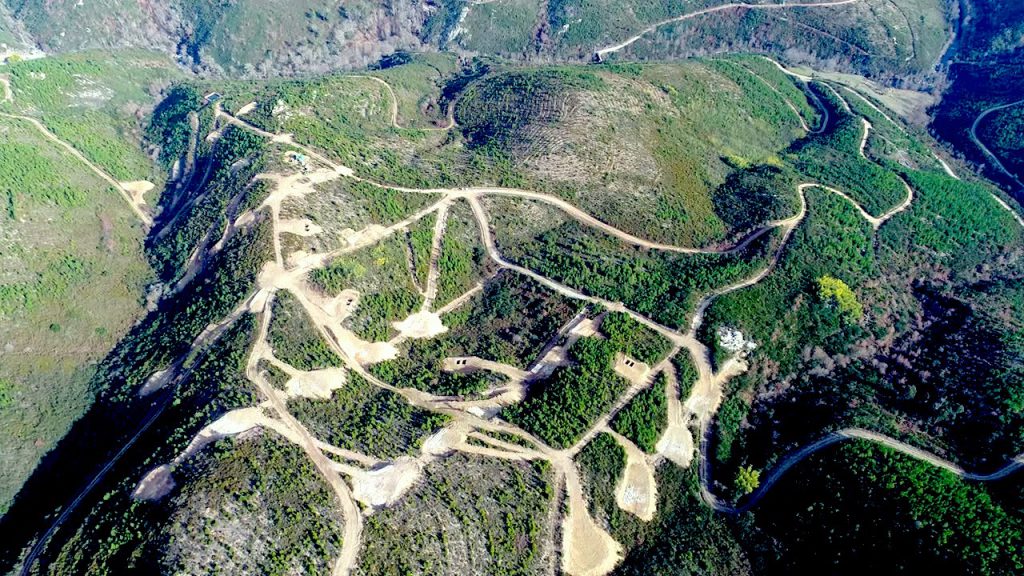Savannah to speed up Portugal lithium project, dismisses doubts over price and demand

London-listed Savannah Resources will accelerate its lithium mine project in northern Portugal to ensure first commercial output in 2027, it said on Thursday, despite uncertainties about price and demand it said were temporary.
Some mines around the globe that produce lithium, used in electric vehicle batteries, have curtailed operations or delayed expansions. Prices have dropped by nearly 90% over the last two years as supplies have increased and demand has fallen short of expectations.
However, Savannah chairman Rick Anton said in a statement he looked forward to 2025 “with great confidence”, and the company had “all the key elements in place to significantly advance the project”.
Savannah, which wants to build four open pit mines in the northern Barroso region to extract enough lithium each year for about half a million batteries for EVs, hopes to start production in 2027.
Anton said that, despite the “short-term uncertainty” surrounding lithium prices and the energy transition, Savannah, as a pre-production company, “is largely insulated from these issues and can focus firmly on the tasks it has to execute”.
“The first of these (tasks) is to progress our project as quickly as we can towards production,” he said, adding he hoped “to take advantage of the more favourable conditions and higher prices, which will return to the market in the future”.
He said the recovery should be sustained by the carbon emissions reduction legislation in all major global markets and the status of lithium-ion batteries as the preferred technology for multiple applications.
The company has said Barroso’s deposit of spodumene is the biggest in Europe and has estimated reserves of 28 million metric tons of high-grade lithium.
But the project has put the European Union’s ambition to reduce dependence on countries such as China for strategic raw materials to the test as it faces opposition from local residents and environmentalists.
(By Sergio Goncalves; Editing by Andrei Khalip and Barbara Lewis)
{{ commodity.name }}
{{ post.title }}
{{ post.date }}




Comments